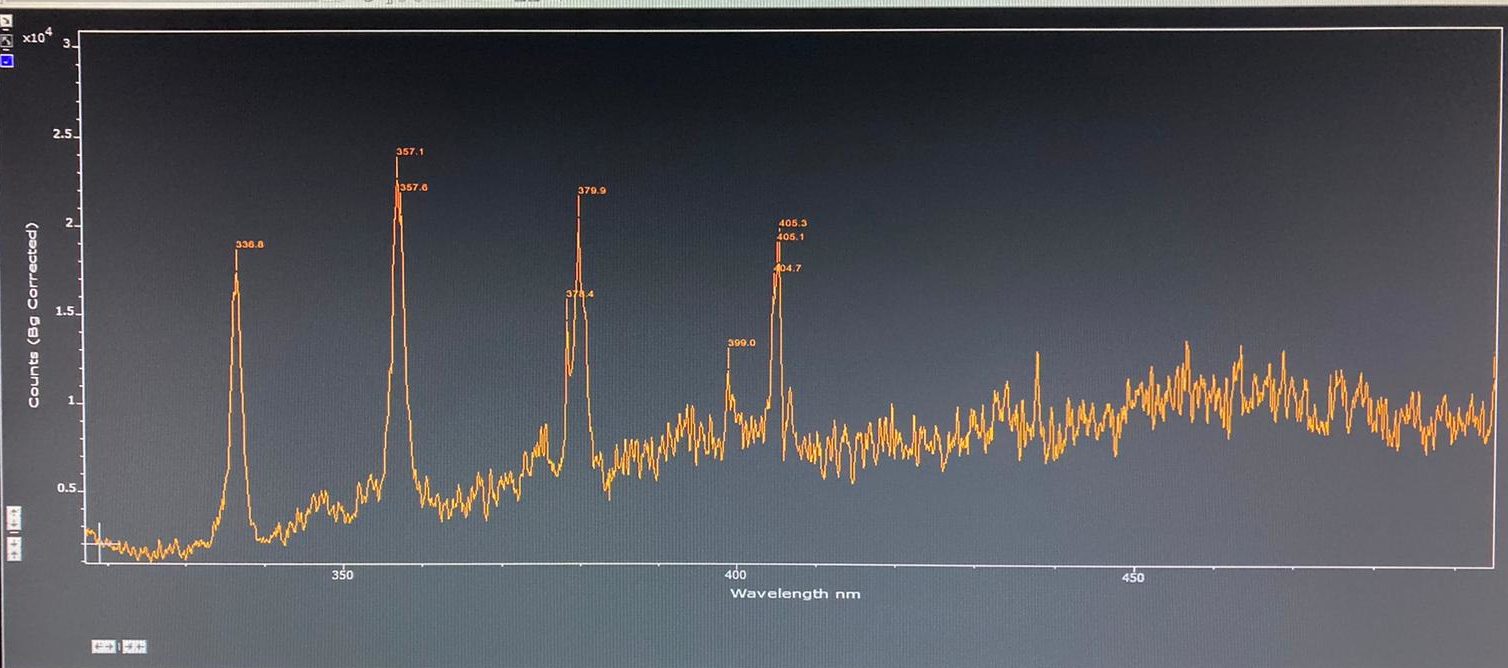Well… Having the whole conference on Zoom was an interesting experience but in fact I like it! There were little to zero technical difficulties and we were able to ask our questions on a chat box. Except for free food, I might prefer online conferences in the future. Because, I took great notes during presentations and while watching the pre-recorded ones! I also attended a very important workshop for myself: Women in Plasma Science. I want to share my notes and opinions on it.
Continue reading “Notes from Gaseous Electronics Conference (GEC) 2020”









 Professor
Professor
Recent Comments